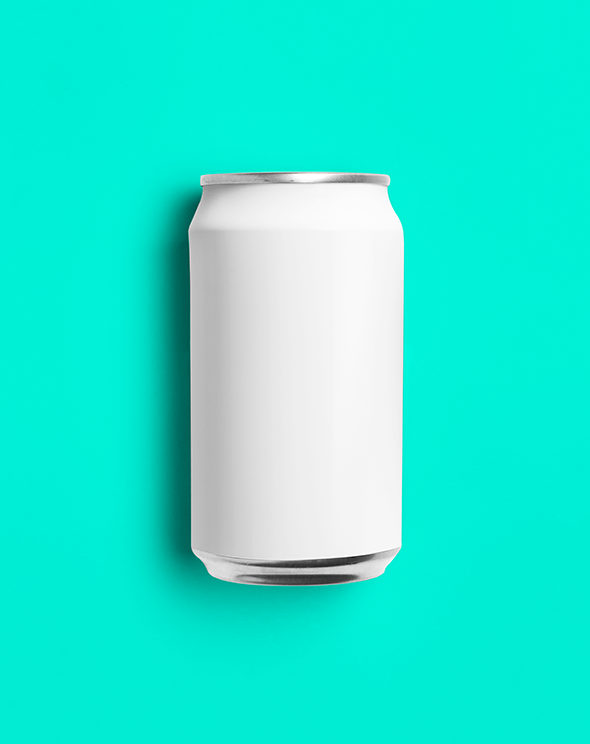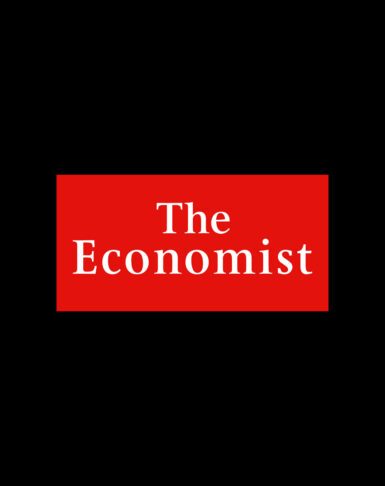This article originally appeared in Adweek.
While the alcohol industry might not be the first thing that comes to mind on Earth Day, brands across the category launched campaigns this month to remind consumers about their reliance on agriculture—at risk in a changing climate—and their commitments to reducing their energy footprints.
For some, like New Belgium Brewing, environmental stewardship has always been central to the brand, ensuring that sustainability-focused messages come across as genuine—something that Siegel+Gale group director of brand communication Gina Kim highlighted as crucial to the success of such campaigns. For others, Earth Day offers an opportunity to show consumers what progress they’re making on sustainability goals and practices.
This year, brands are focusing their Earth Day messaging around sustainable ingredients for their products, announcing the use of new sustainable energy sources and donating to environmental funds. Still, in order for this to resonate with consumers, Kim said it has to be something that’s truly embedded in the brand identity.
“Is it built into the DNA that you do care about the environment?” she asked. “If it’s not, it’s a real opportunity to take a moment and reevaluate.”
Investing in natural spaces
As part of an ongoing partnership with American Forests, Bulleit Bourbon created a limited edition, eco-friendly cocktail kit for Earth Day through the Cocktail Courier. Bulleit announced last year that it’d be working with American Forests over the next five years to plant 1 million trees—with an emphasis on the white oaks that it uses for bourbon barrels.
The cocktail kit, supported by how-to videos with bartender Carley Gaskin, also includes tips for fans on how to incorporate sustainable practices into their at-home bars. In honor of Earth Day, 22% of the cocktail kits’ proceeds up to $10,000 will go to American Forests, which the brand expects to reach before the month ends.
Noting that bars and restaurants account for nearly half of the U.S.’s food waste, Gaskin explained that “if we’re able to make even the smallest changes such as reusing ingredients that are often thrown away or being mindful of water waste, those small changes can really add up.”
Wyoming Whiskey is also focusing on funding America’s wilderness this Earth Day. The small western brand debuted new labels inspired by the National Parks, and 10% of each bottle will go to the National Parks Foundation.
With a new 60-second spot, Budweiser global is aiming to inspire fans to continue fighting for a better future. The ad, created with purpose consultancy and creative agency Revolt, begins with what seems like a defeatist mantra—only to turn it around into an inspirational one. Out-of-home ads will support the campaign in the U.K., with local activations in other markets.
“Building a more sustainable business model is at the core of our future direction as an organization,” Todd Allen, global vp of Budweiser at AB InBev, said in a statement. “Whilst we’re proud to have made a start by brewing our beers with 100% renewable electricity, we recognize that there is more we can do to help turn it around.”
Elsewhere in the AB InBev portfolio, Michelob Ultra Pure Gold is also advocating for sustainable energies this Earth Day. Through a partnership with Colombian pop star Maluma, the brand announced it’s investing in more solar energy in a couple of different ways—the sound of the sun is featured on a new track from Maluma, and a new solar farm in Texas will now generate enough clean energy to brew 20 billion beers per year.
Highlighting sustainable ingredients
Agriculture is central to the quality of many alcohol products, and gin is no exception. Bacardi-owned Bombay Sapphire Gin is celebrating all of its 10 botanical ingredients achieving a sustainable certification by the end of this year, ensuring a more secure future for the farmers the brand works with as well as the product itself.
“We take a 360-degree approach to sustainability,” Ivano Tonutti, master of botanicals for the gin brand, said in a statement. “It’s our responsibility to care as much about the farmers and their communities as we do the botanicals they grow and harvest for Bombay Sapphire.”
But regardless of how strong a single Earth Day campaign is, Siegel+Gale’s Kim stressed that building a sustainable brand “takes more than one moment.”
“With some of these bigger brands who are making these initiatives, you have to first be like, ‘Do I believe them?” she said. “There’s a trust that needs to be involved in that. And so in order to backup that trust, it [can’t be] an afterthought—it can’t live in marketing.”
Written by Kathryn Lundstrom, Adweek’s breaking news reporter based in Austin.


